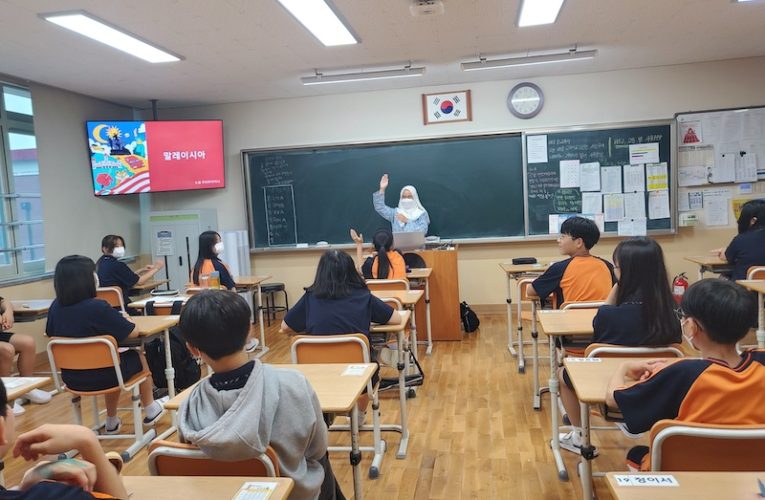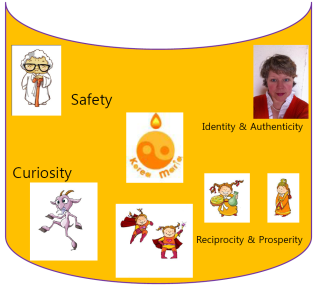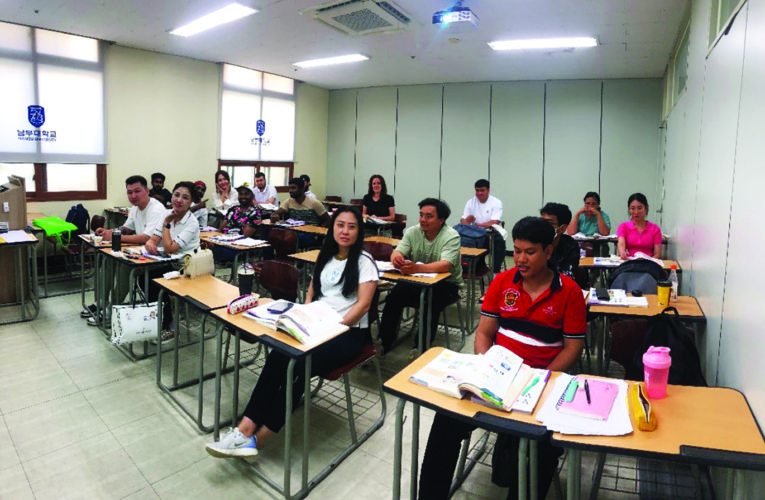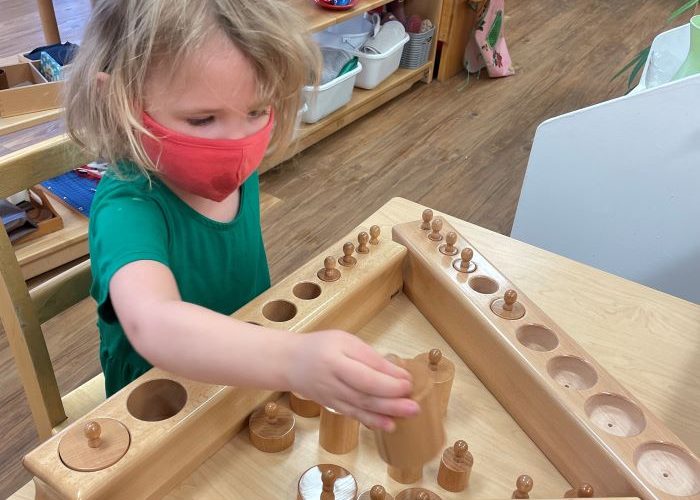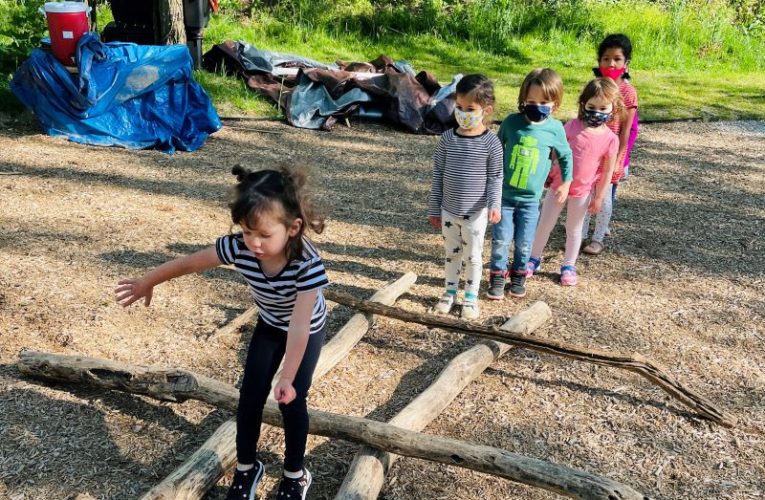The Connection Between “Cosmic Education” and the Imagination
If you have observed a Montessori classroom before, you will know that students are working a lot with the scientific subject. Science is the most valuable and practical subject to enhance students’ imagination, and they enjoy it very well. Children take a deep interest in dinosaurs and space very naturally, and during that moment, their imaginations develop explosively. Dr. Maria Montessori recognized that all of science and history tell portions of the same story: the continuing creation of the universe. This “Cosmic Education” tells that story. In a uniquely Montessorian way, the experience offers children a context for, and reveals connections between, such subjects as astronomy, chemistry, geography, history, and biology, to name a few. “Learning” the academic subject matter, however, is secondary to a loftier educational goal.





